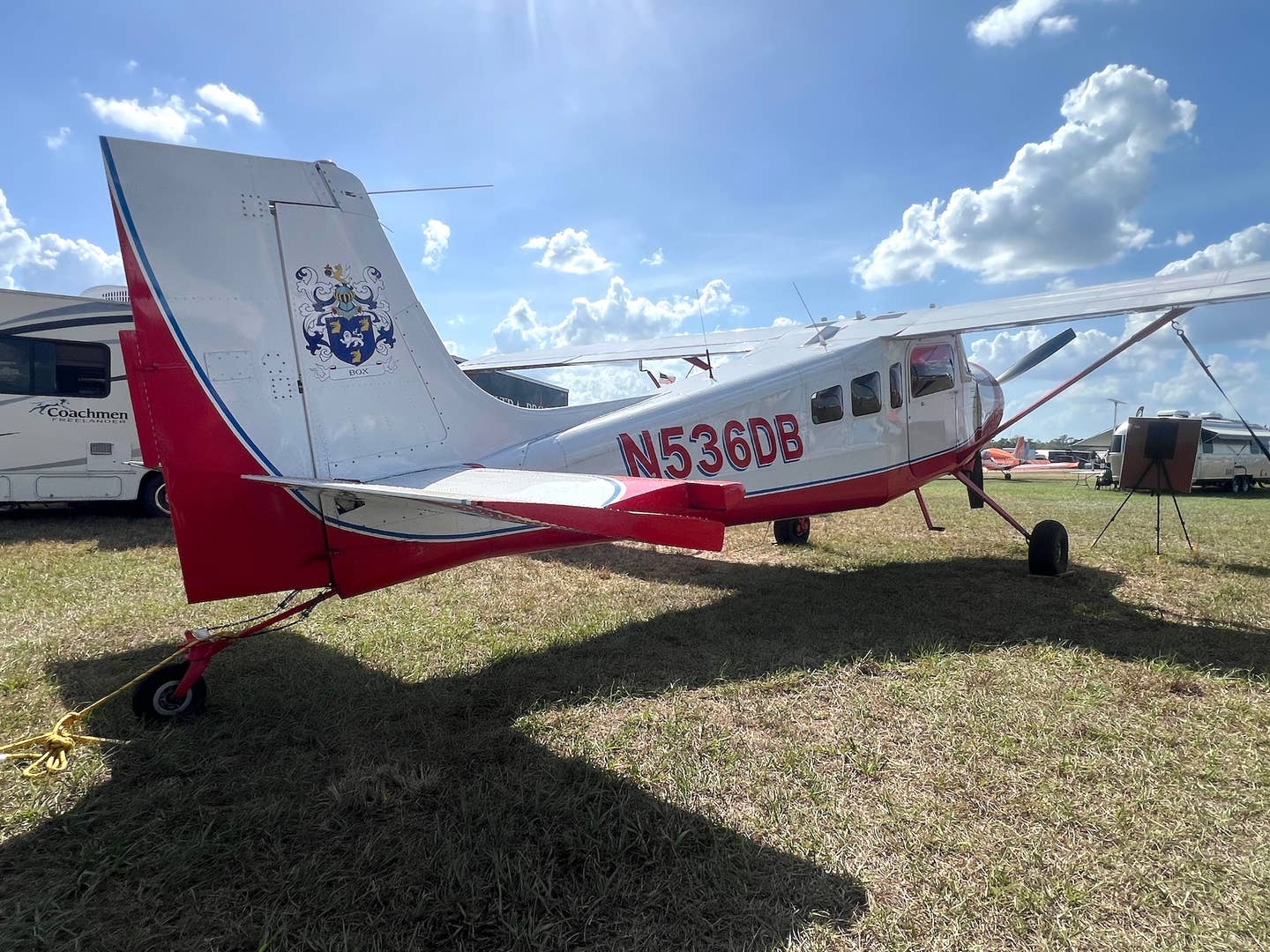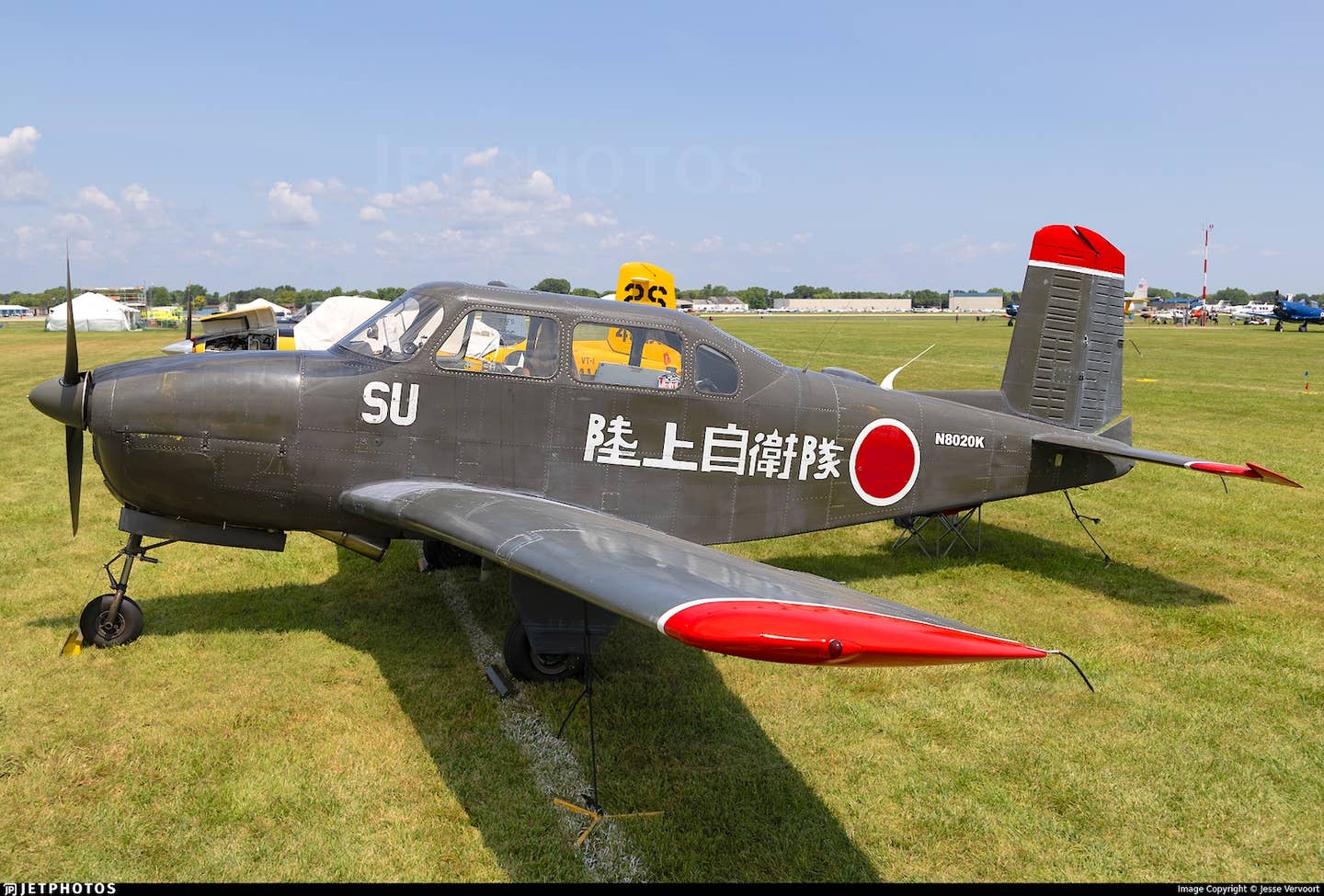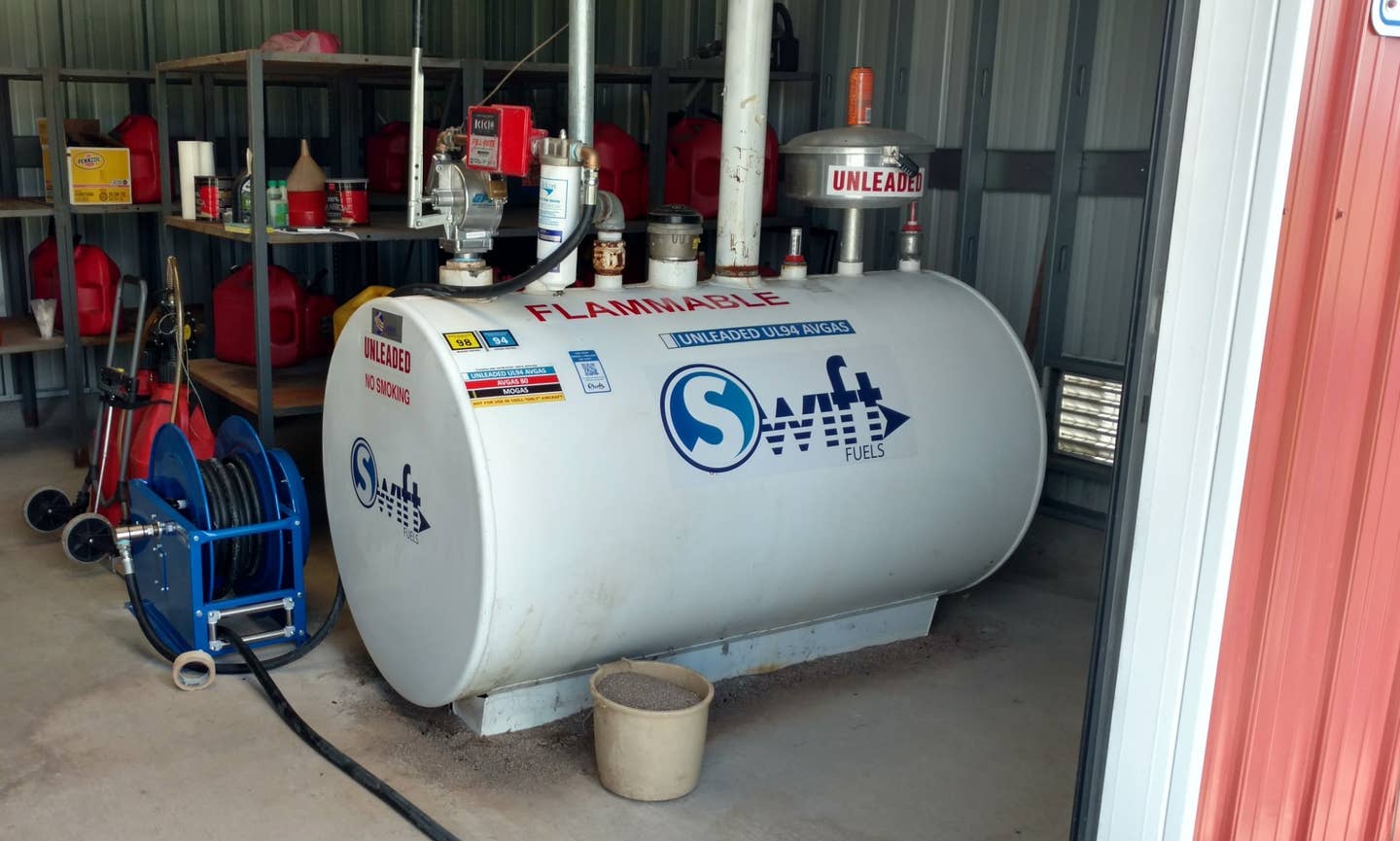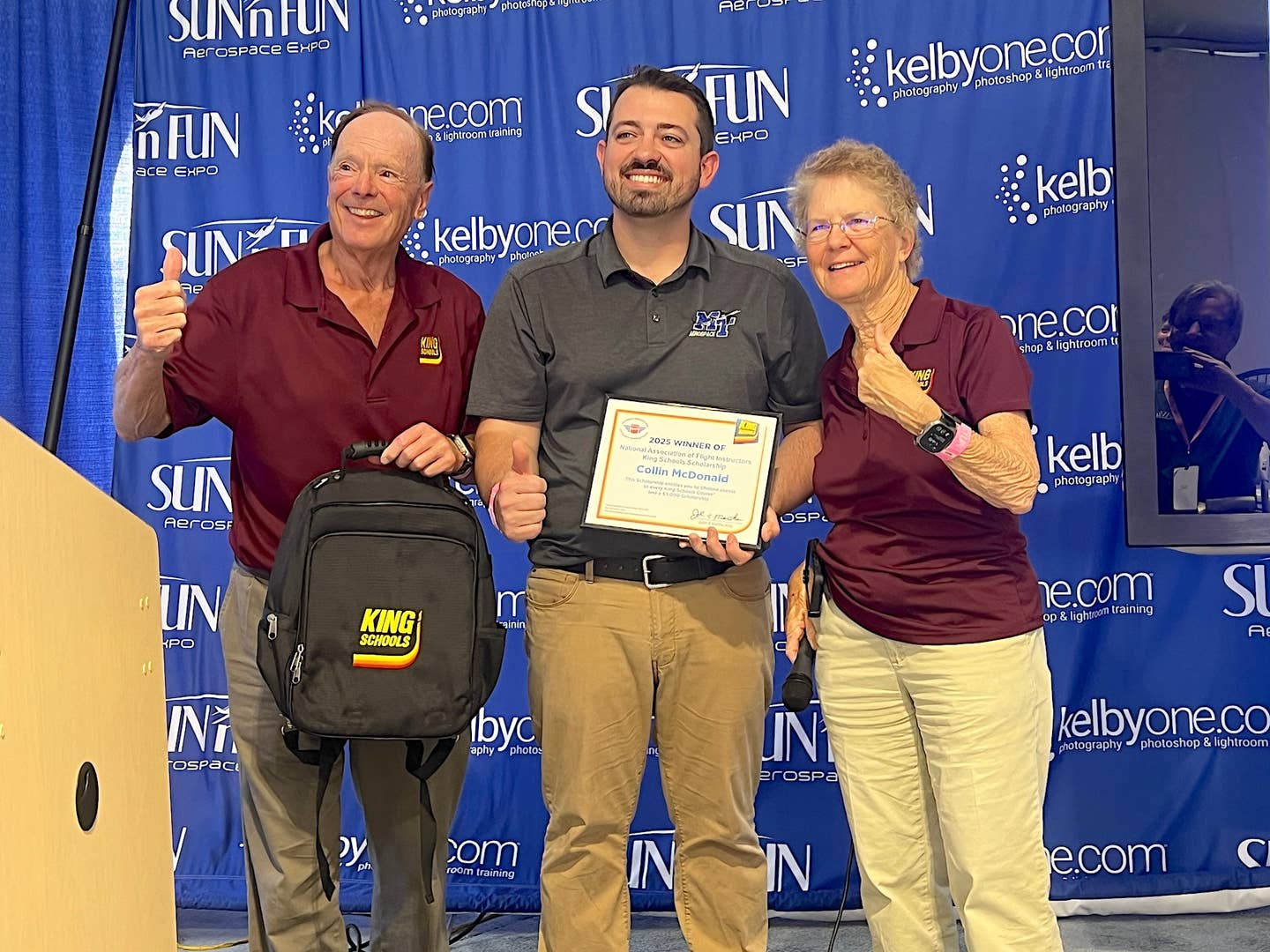Glasair Buy: Part of a Grander Plan
The Chinese industrialist who recently bought Glasair Aviation said Monday that the company will remain in the U.S. and that he intends to ramp up investment in customer support, existing models and new development commensurate with market demand. TieJi Fang, chairman of Jilin Hanxing Group, said through an interpreter that China is on the verge of explosive growth in general aviation that envisions as many as 1000 new airports during the coming half-decade and a strong demand for personally flown airplanes in China … this despite the fact that airspace is still restricted by the military in China and that although new airports exist, they are underutilized.
The Chinese industrialist who recently bought Glasair Aviation said Monday that the company will remain in the U.S. and that he intends to ramp up investment in customer support, existing models and new development commensurate with market demand. TieJi Fang, chairman of Jilin Hanxing Group, said through an interpreter that China is on the verge of explosive growth in general aviation that envisions as many as 1000 new airports during the coming half-decade and a strong demand for personally flown airplanes in China ... this despite the fact that airspace is still restricted by the military in China and that although new airports exist, they are underutilized.
Fang told an AirVenture press conference that he envisions Glasair products such as the popular Sportsman selling well in China, either as trainers or personally flown aircraft. Glasair's Michael Via said under current Chinese regulations, there's no viable homebuilt market, so many in the industry think that initial sales in China will likely be some kind of trainer, at least for the foreseeable future.
Fang said the Glasair buy is "the first step in a very long journey" that will result in fulfilling the dream that he says many Chinese have: to fly personal aircraft around China, unhindered by regulation and security considerations. Further, Fang said, China is rapidly developing FBOs based on the U.S. structure of airport support businesses and he estimates establishing as many as 40 such businesses in the next 10 years. For his part, Michael Via said Fang's investment will make it possible to pursue developmental projects that wouldn't have been possible otherwise.






